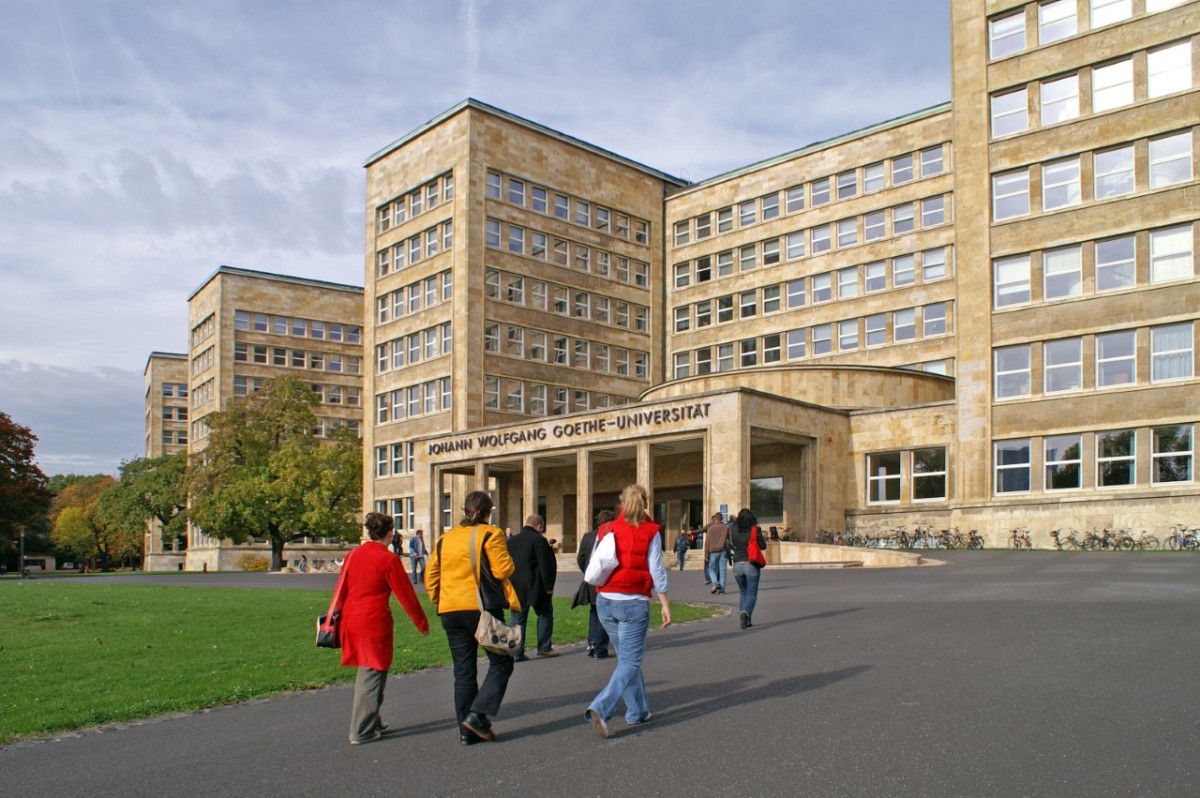The Supermicro AS-4124GS-TNR is an advanced state-of-the-art server that incorporates AMD EPYC™ processors that have been designed to eliminate bottlenecks in the transfer of data between main host memory and the GPUs. When equipped with Radeon Instinct™ MI50 GPU accelerators, this server enables researchers to conduct their investigations exceptionally fast.
“Supermicro is excited to once again partner with the leading HPC center at Goethe University Frankfurt to deliver our powerful new A+ Server with exceptional CPU, GPU, and networking performance,” said Vik Malyala, senior vice president, Supermicro. “We continue to innovate our products so that our customers have a wide range of options to match their requirements with the best-of-breed components. Clusters based on these 2nd generation AMD EPYC CPU and Radeon Instinct MI50 GPU powered servers easily deliver peak performance and provide efficiency for a wide range of applications. Researchers can leverage innovative new artificial intelligence (AI) solutions with these advanced features. Supermicro looks forward to a productive and mutually beneficial partnership with Goethe University.”
Goethe University Frankfurt hosts a leading supercomputer center that serves a wide range of international scientists and researchers. A new and powerful supercomputer was needed to support researchers from varied disciplines who needed significantly increased processing capacity. The team assigned to architect and choose the new supercomputer investigated several server solutions that contained both CPUs and GPUs. Of practical interest was a system that supported the PCI Express 4.0 specification, which allows for up to 64 GB/second of data transfer between host memory and GPU. This performance requirement is critical for applications that must exchange data with the GPU. Previous PCI Express interfaces were too slow for high-performance applications that relied on the fastest GPUs available, and thus a system with PCI Express 4.0 bus readiness was required.
“As we designed and are now implementing our latest supercomputer, our partnership with Supermicro and AMD has been critical,” stated Prof. Dr. Volker Lindenstruth, Chair for HPC architecture at Goethe University.” We have been able to collaborate with their technical engineers to describe our computational challenges and our potential bottlenecks based on previous generations of servers. Both Supermicro and AMD have responded with a balanced system that can easily be utilised by a wide range of scientists who require a scalable and optimised cluster of fast servers for their research. Especially the design that allows the integration of eight GPUs and up to two 200Gb/s connectivity network cards without any PCI Express switch provides clear advantages for application performance.”
The Goethe University Frankfurt supercomputing center serves a diverse set of researchers and scientists. By utilising servers that contain state-of-the-art CPUs, GPUs, and networking, applications that range from particle physics to climate change simulations can be executed and accelerated on the AS -4124GS-TNR servers. Additionally, requests have made for system time for computational chemistry applications, neutron star simulations, and lattice QCD investigations. All of these (and more) applications rely on the powerful performance of the AMD Radeon Instinct MI50 accelerators. Recently (mid-2020), Goethe University Frankfurt has been using HPC technologies to simulate the spread of the COVID-19 virus to understand how future pandemics spread could be prevented.
“Supercomputers today require unprecedented computational power to perform the large-scale simulations and complex medical analysis that are critical to driving the next generation of research. At the heart of these systems are the latest in CPU and GPU technology,” said Forrest Norrod, senior vice president and general manager, data center and embedded systems group, AMD. “The AMD EPYC™ processors and Radeon Instinct™ MI50 GPUs powering the latest Supermicro server deliver leading I/O bandwidth and exceptional performance to reach better results, faster for our most demanding scientific challenges.”
Goethe University Frankfurt ran several benchmarks to understand the performance of the AS -4124GS-TNR selected a server, the AS -4124GS-TNR, that contained both 2nd Gen AMD EPYC CPUs and AMD Radeon Instinct MI50 accelerators.
An even more relevant benchmark is how the system performs when running multiple independent jobs that use all the available cores. The purpose of this type of benchmark is to understand real-world use of a server and measure the performance of applications running concurrently. The optimised system supporting CPUs, GPUs, High Performance I/O and Networking showed that HPC applications are not dramatically impacted by other active applications, demonstrating the superior architecture of the balanced system design.




